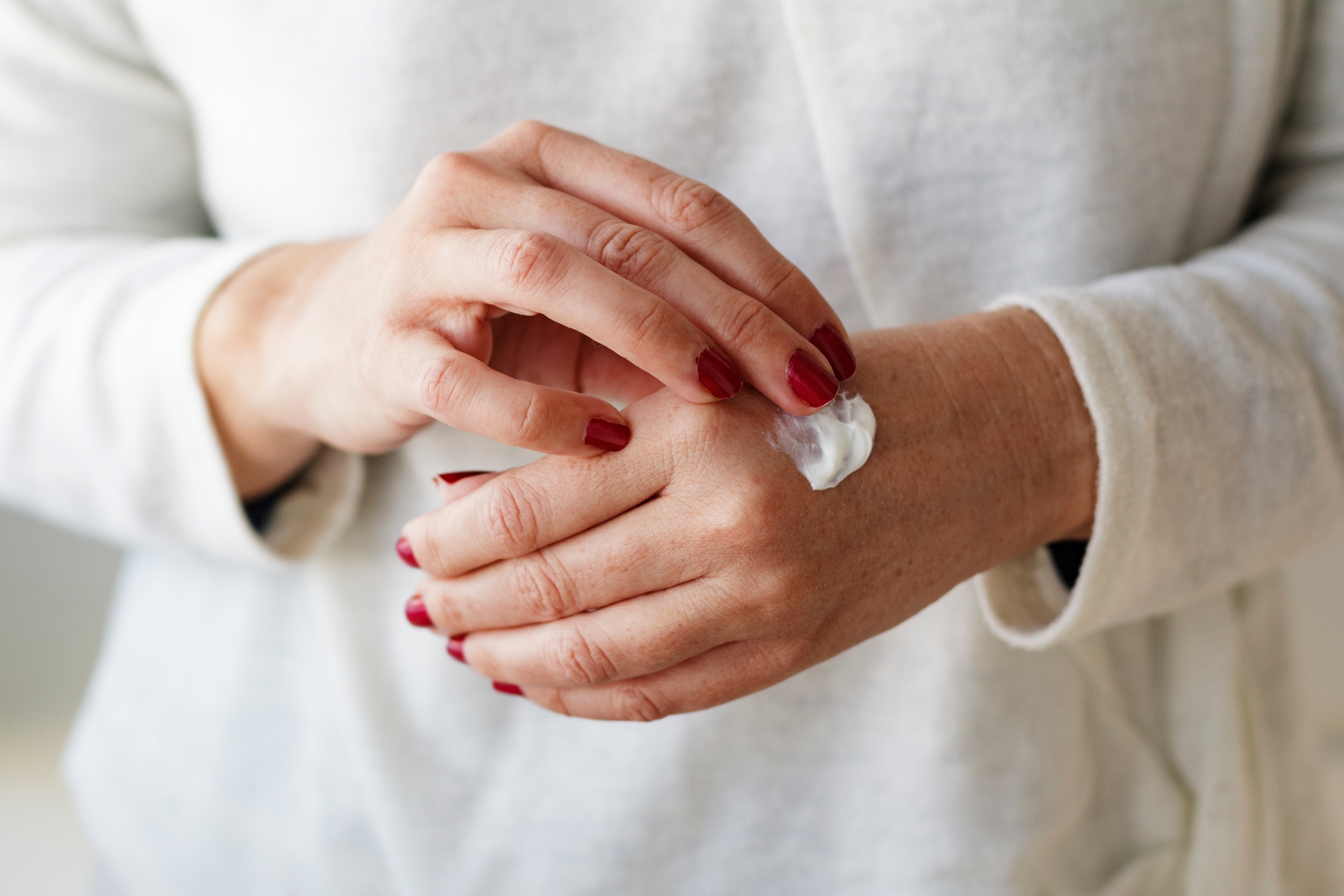12 Common Over-the-Counter Meds with Surprising Side Effects
9. Sleep Aids: The Unforeseen Daytime Drowsiness

Sleep aids are often used to combat insomnia and promote restful sleep, but they can also produce a range of side effects that may affect your daily life. One of the most common side effects of sleep aids is daytime drowsiness, which can impair your ability to perform tasks that require alertness, such as driving or operating machinery. This is particularly true for sleep aids that contain antihistamines, which can have sedative effects that linger into the next day. In addition to drowsiness, sleep aids can also cause other side effects, such as dry mouth, dizziness, and gastrointestinal issues. These side effects can disrupt your daily routine and impact your quality of life. Understanding the potential risks associated with sleep aids can help you use these medications responsibly and ensure that you get the restful sleep you need without compromising your safety or well-being.
10. Topical Pain Relievers: Not Just Skin Deep?

Creams, gels, and patches promising targeted pain relief seem like a safer bet than pills, right? Often, yes, but they carry their own secrets. Products containing NSAIDs (like diclofenac gel) can still be absorbed systemically, potentially posing risks for those with heart or kidney issues, albeit lower than oral doses. Counterirritant creams (menthol, capsaicin) can cause significant skin irritation or even burns if overused or applied with heat. Helpful Tip: Always use topical relievers exactly as directed, avoid applying to broken skin, and be mindful that "topical" doesn't always mean "zero systemic effect."
